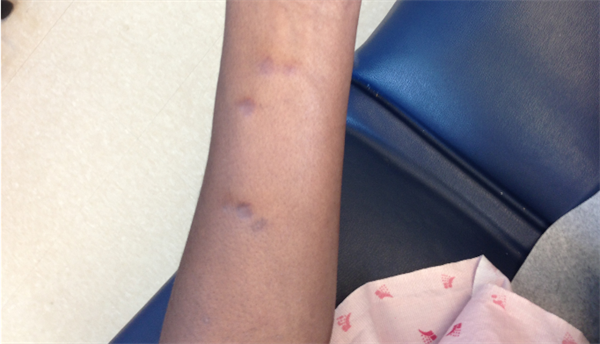What you need to know about Kaposi’s Sarcoma Treatment
Contents
- 1 What you need to know about Kaposi’s Sarcoma Treatment
- 2 What Does the Procedure Involve?
- 3 How Long Should You Stay in the Area?
- 4 How Long is the Recovery Time?
- 5 What Aftercare Should You Consider?
- 6 What is the Success Rate for Kaposi’s Sarcoma Treatment?
- 7 Are there Alternatives to Kaposi’s Sarcoma Treatment?
- 8 What Should You Expect Before and After the Procedure?
Kaposi’s sarcoma is a type of cancer caused by a virus that affects the skin, mouth, and internal organs. There are four main types of the disease, HIV-related Kaposi’s sarcoma, classic Kaposi’s sarcoma, transplant Kaposi’s sarcoma, and endemic or African Kaposi’s sarcoma. Treatment for Kaposi’s sarcoma depends on the type of the disease, number and location of lesions, effects of the lesions, and the patient’s general health.

What Does the Procedure Involve?
In general, treatment for Kaposi’s sarcoma involves chemotherapy or radiotherapy. Chemotherapy uses drugs to kill the cancer cells, while radiotherapy uses a high-powered energy beam to kill the cancer cells. Depending on the type of the Kaposi’s sarcoma, your doctor may prescribe medication and suggest you undergo minor surgery (performed under general or local anesthetic), electrodesiccation, or cryotherapy to remove skin lesions.
How Long Should You Stay in the Area?
Your length of stay in the area depends on how many cycles of chemotherapy or radiation therapy is required for your specific case. Your doctor will determine how often you will receive the treatment. If you undergo minor surgery, electrodesiccation, or cryotherapy, you may need to stay for 5 to 7 days following the surgery.
How Long is the Recovery Time?
The recovery period can be different from one person to another. Some people are able to keep working and perform some light activities, others may need to rest. It is recommended to gradually get back to your normal activities after the treatment has finished, but you should talk to your doctor regarding your recovery timeline.
What Aftercare Should You Consider?
After your treatment, it is important for you to have a healthy diet that includes as many whole foods as possible. Your surgeon will give you instructions regarding your diet, exercise, and restrictions. You may need to have regular follow-up checkups to make sure the cancer cells have not returned, but this can be done with your local doctor at home.
What is the Success Rate for Kaposi’s Sarcoma Treatment?
The success rate of Kaposi’s sarcoma treatment depends on your general health, the type of Kaposi’s sarcoma you have, and how early you receive treatment. If you receive treatment before the cancer cell spreads, the survival rate is about 81%. The side effects and risks are nausea, vomiting, diarrhea, hair loss, fatigue, mouth sores, pain, fever, loss of appetite, constipation, easy bruising, skin irritation, heart problems, damage to lung tissue, infertility, kidney problems, nerve damage, and risk of second cancer.
Are there Alternatives to Kaposi’s Sarcoma Treatment?
The alternative treatment for Kaposi’s sarcoma may vary depending on the type of the disease. In some cases, your doctor may recommend interferon (a type of biological therapy). It is important to consult your doctor about the alternative treatments for Kaposi’s sarcoma, as well as the benefits and the risks of each procedure
What Should You Expect Before and After the Procedure?
Before treatment, you have Kaposi’s sarcoma that causes uncomfortable symptoms and may lead to dangerous, life-threatening complications. After treatment, your Kaposi’s sarcoma and its symptoms can be controlled and your risk of complications is reduced.
What Is Kaposi Sarcoma? | Skin Cancer, watch this short video.
To check prices or to book a Kaposi’s Sarcoma Treatment Procedure in Thailand or anywhere else in the world, head on over to MyMediTravel now!

